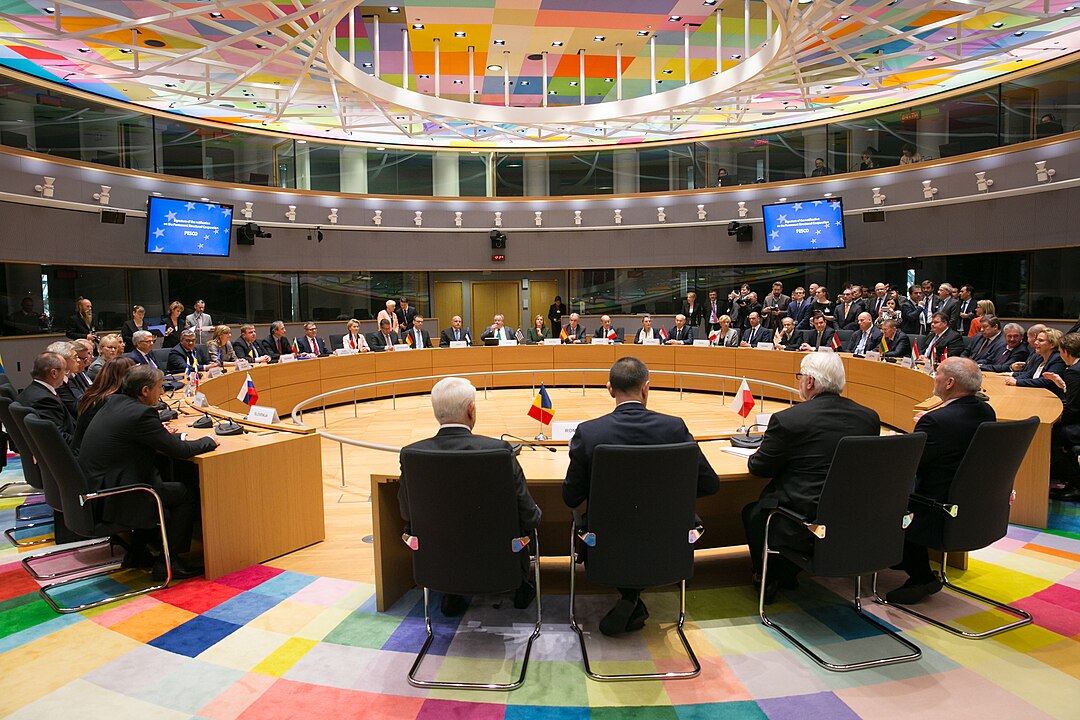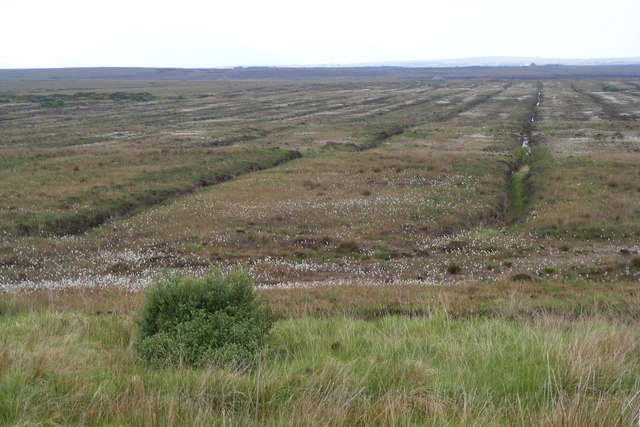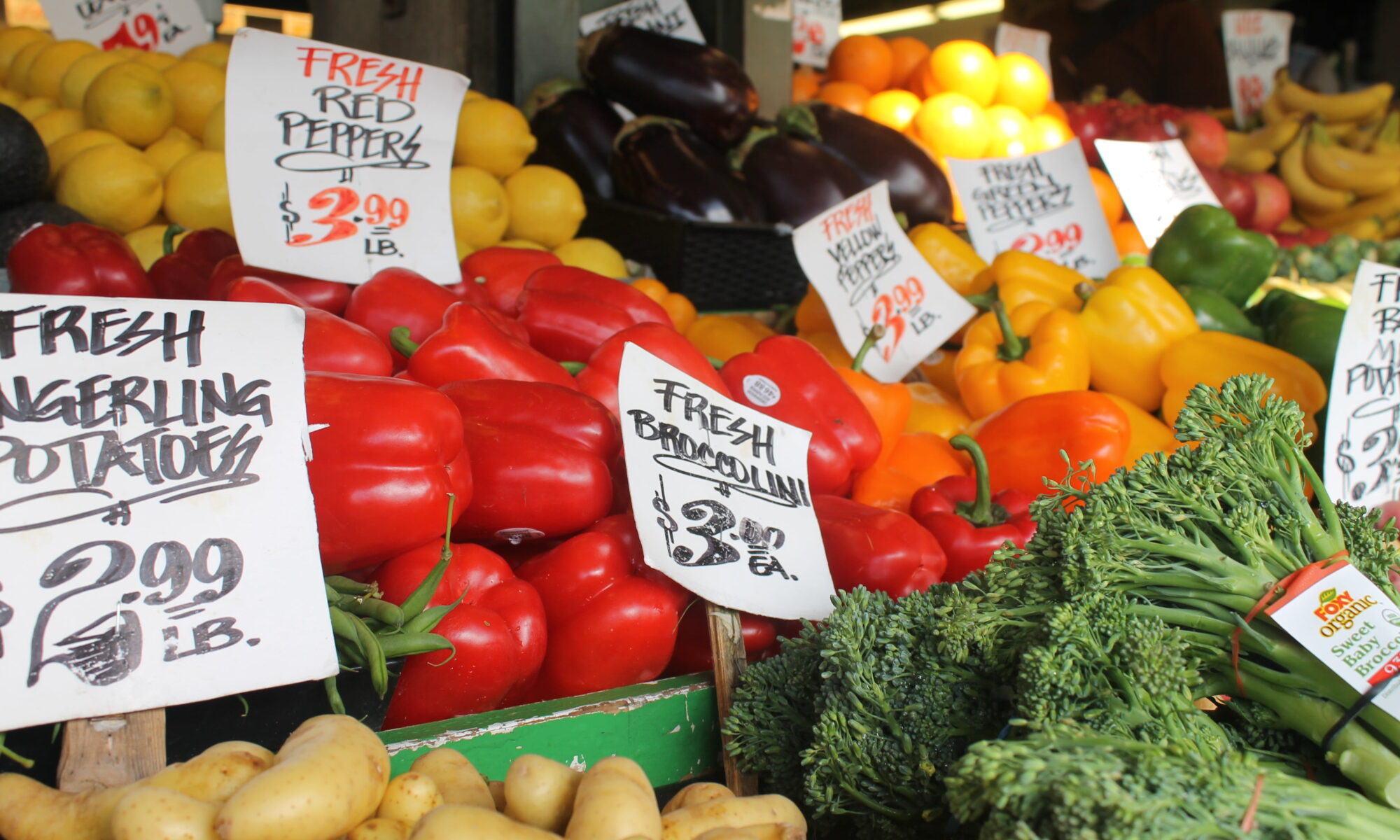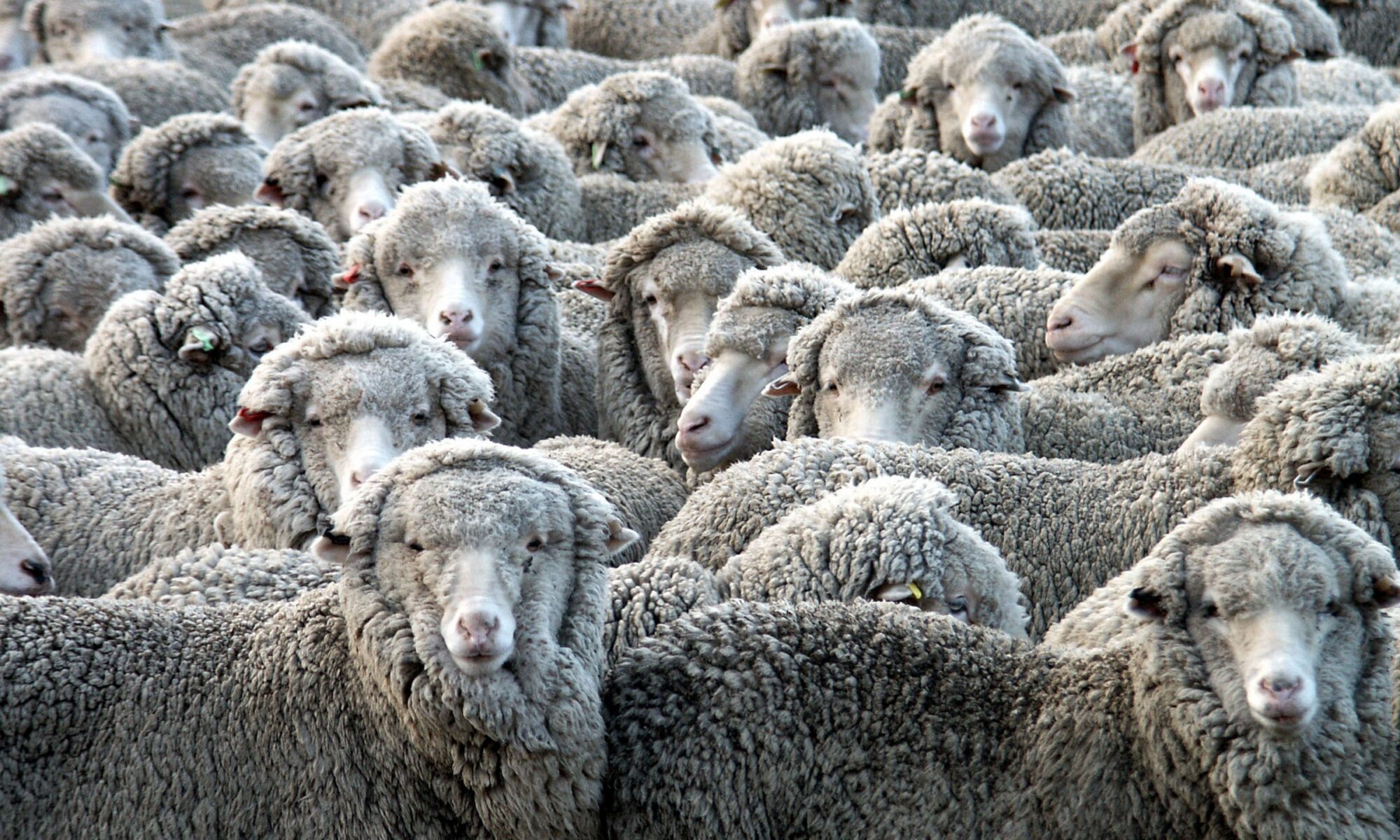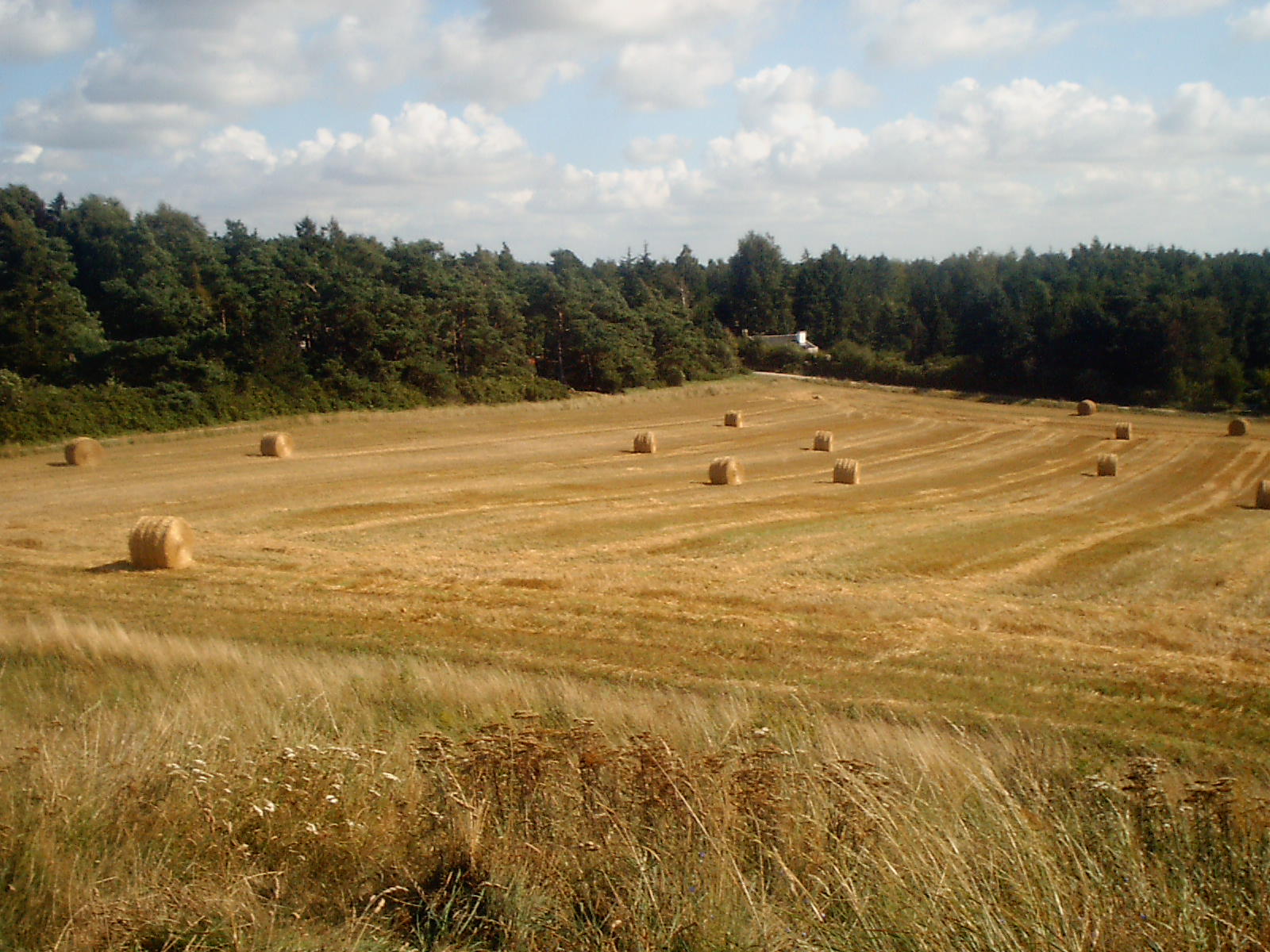Even though the latest changes in the CAP regulations only came into force on 1 January this year, attention is already beginning to focus on potential further changes to the CAP after the end of the current programming period 2023-2027. The Commissioner for Agriculture Janusz Wojciechowski started the ball rolling back in June. In his contribution to the European Parliament debate on the Mortler Report on ensuring food security and long-term resilience of EU agriculture which, inter alia, called on the Commission to present a holistic plan to ensure food security for the EU, he commented:
I am in full agreement with this.… Read the rest

